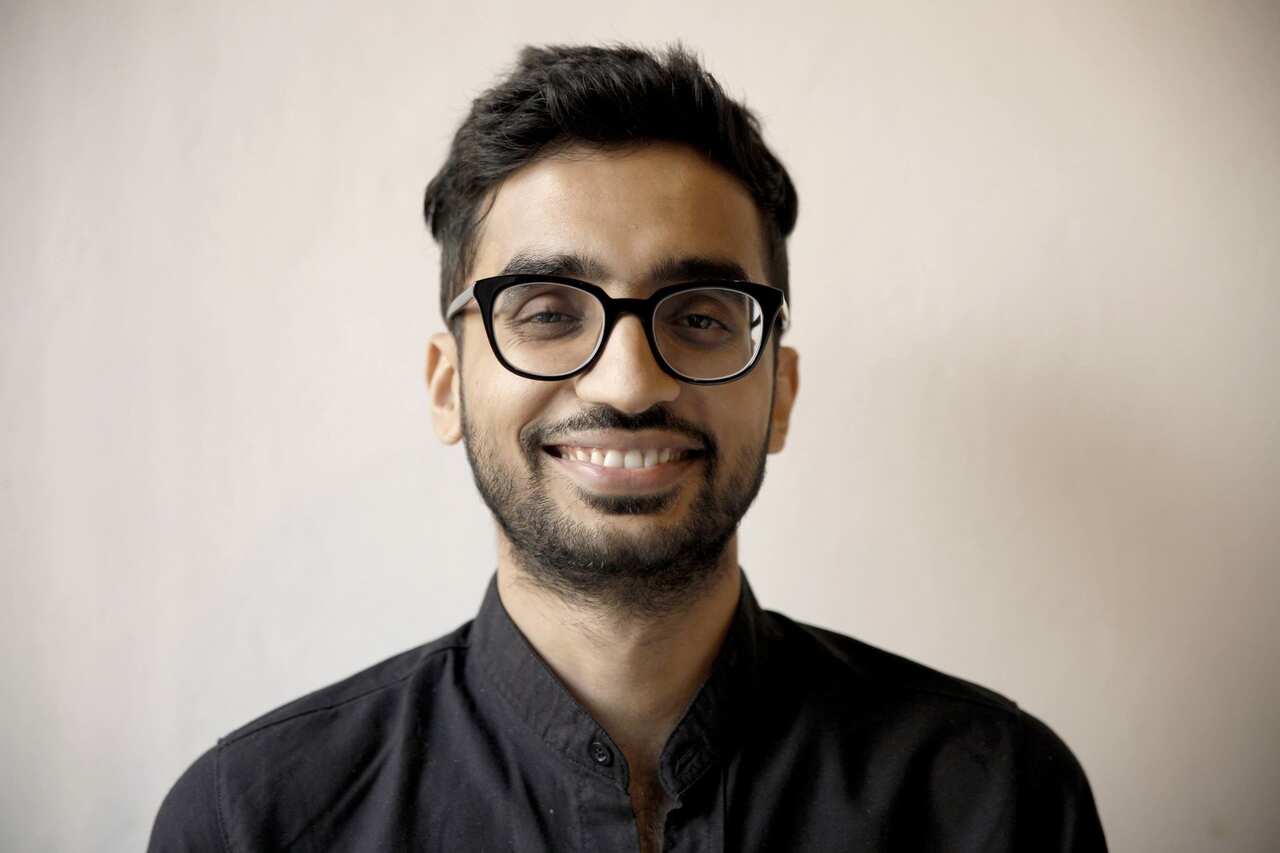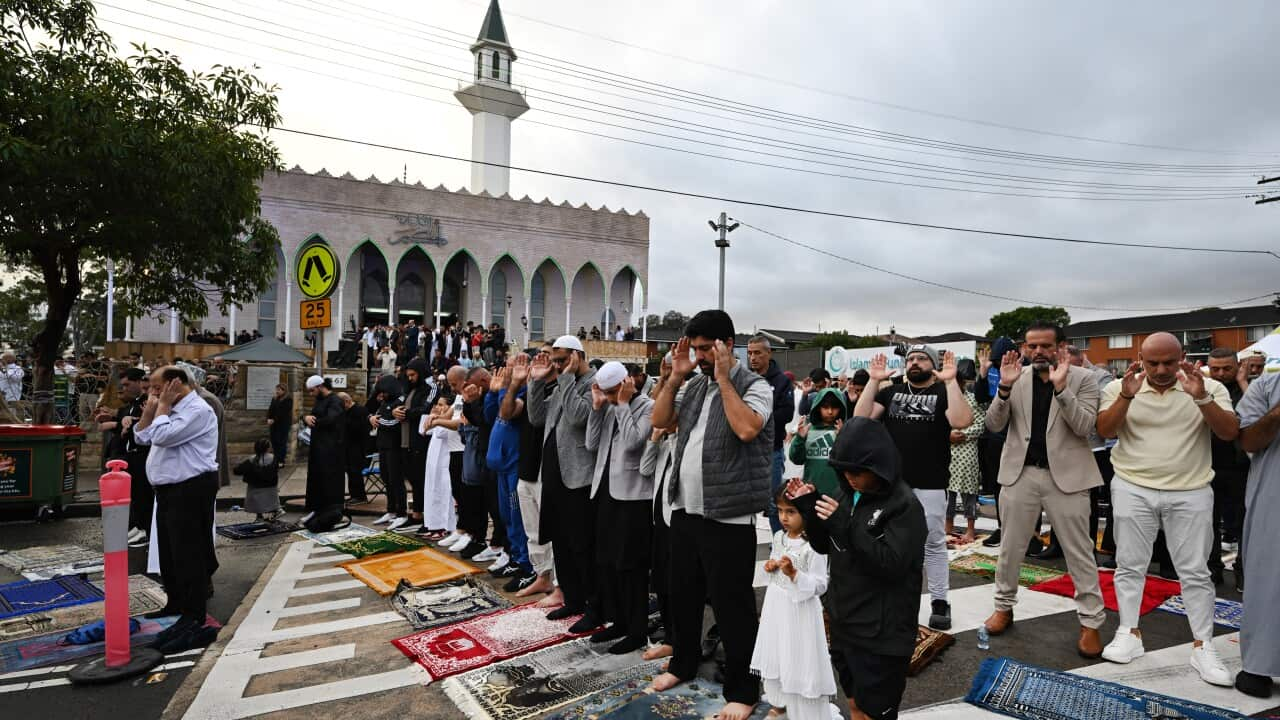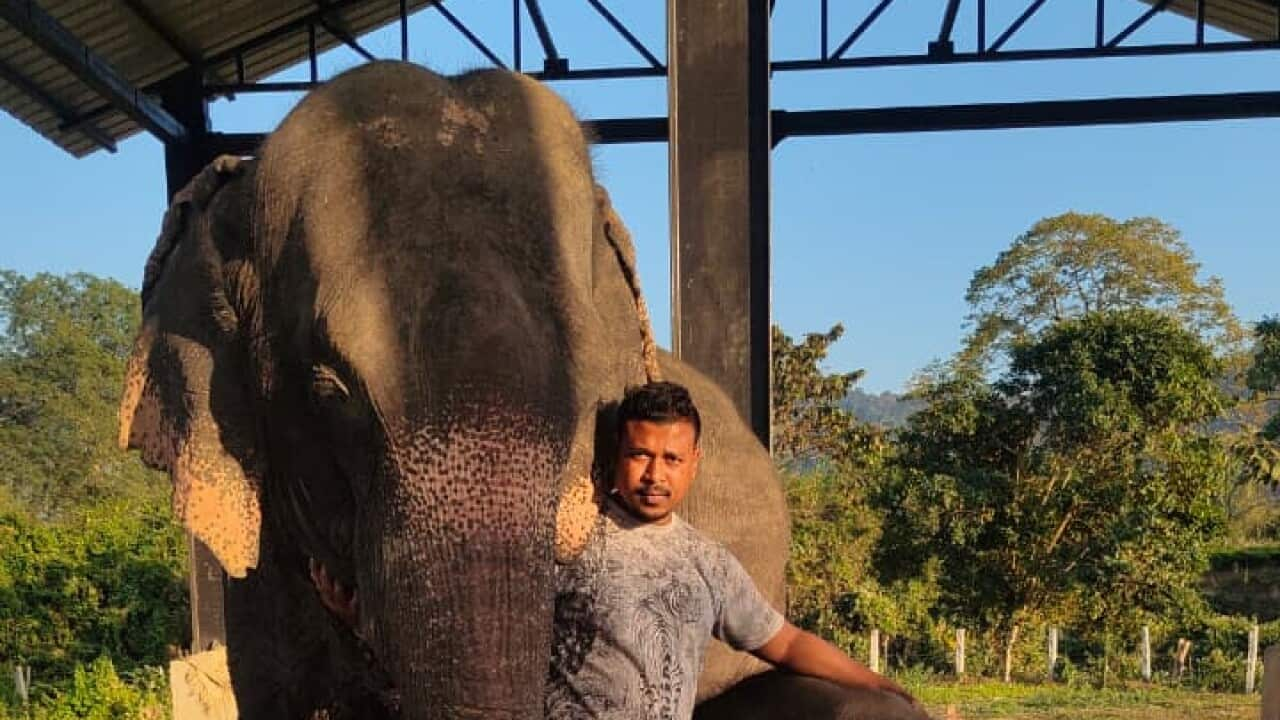In India Section 377 of the Indian Penal Code, dating back to 1861, criminalized sexual activities "against the order of nature", including homosexual activities. The code was repealed by the Delhi High Court in July 2009; however, the judgement was overturned by the Supreme Court of India in 2013.
Speaking to SBS Hindi Danish Sheikh said, “The Indian Penal code 377 is 150 years old, it impacts the right to health, right to equality, and right to dignity.”
A petition was filed by a non-government organization in the High Court of Delhi. After a steep path uphill the Delhi High Court passed the verdict of decriminalization, it described the Penal Code 377 as a violation of fundamental rights guaranteed by the Indian Constitution.

After four years the Supreme Court of India reversed the Delhi High Court order and declared it a criminal offence to engage in same-sex activities. However, following several pleas challenging the constitutional validity of Section 377 of Indian Penal Code, the Supreme Court reserved it’s verdict and is reconsidering the case.
Detailed hearings commenced on 10th July, before a five-judge bench and the Supreme Court has reserved it’s earlier verdict. The final verdict is to be pronounced by October this year.
Mr Sheikh told SBS Hindi, “The judges listened most carefully and seemed empathetic and sensitive to the issue, and we hope the hearing goes in our favour.”
Societal acceptance
On being asked about societal acceptance to the LGBT communities in India, Mr Sheikh says, “The acceptance and reactions differ from city to city. Many cities hold Pride Marches once a year, every small city, too, has small activist groups of students or professionals, even large corporations in India are coming up with diversity policies so that their employees who belong to the LGBT community feel included. LGBT issues are also included in the syllabus of some schools and colleges, and we hope this will increase once the verdict falls in our favour.”
Talking about the acceptance and attitude of parents towards children, Danish Sheikh who came out in the open to his parents about his sexual preference, he says, “My parents have now accepted it” However, the reactions of parents differ from city to city but with the very positive media coverage, open discussions and even Hindi films portraying gay characters, it has become easier to explain one’s preferences to parents.”
India has a population of more than 1.6 billion. If and when the Supreme Court passes a verdict to decriminalize the Section 377, how many will come out in the open to declare their homosexuality?




